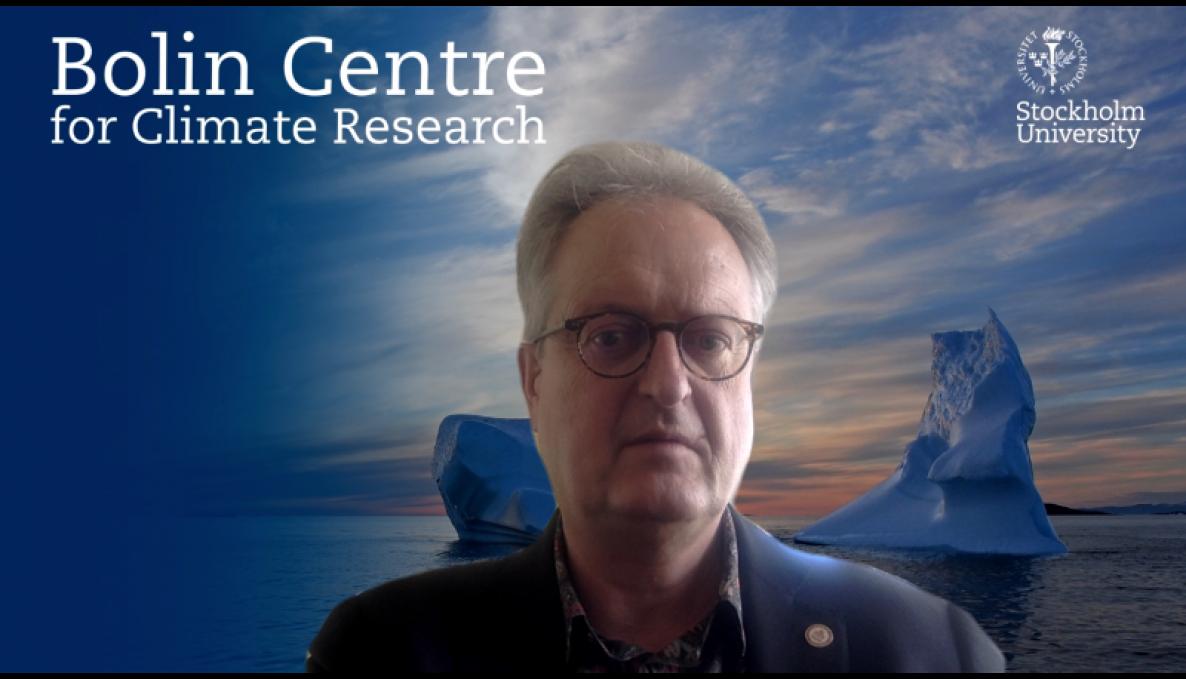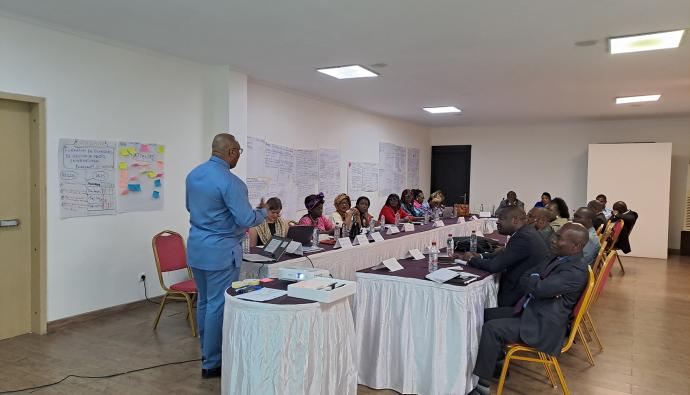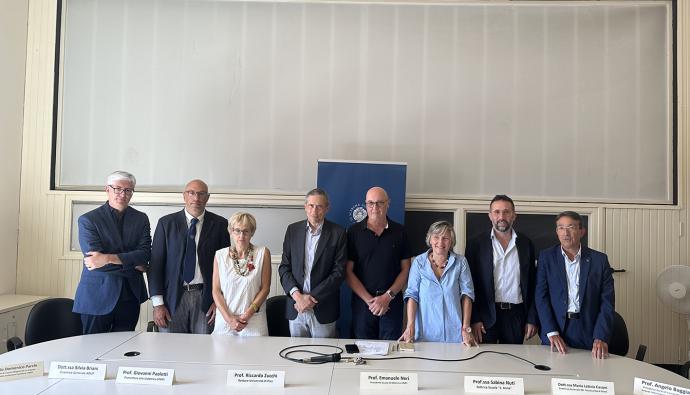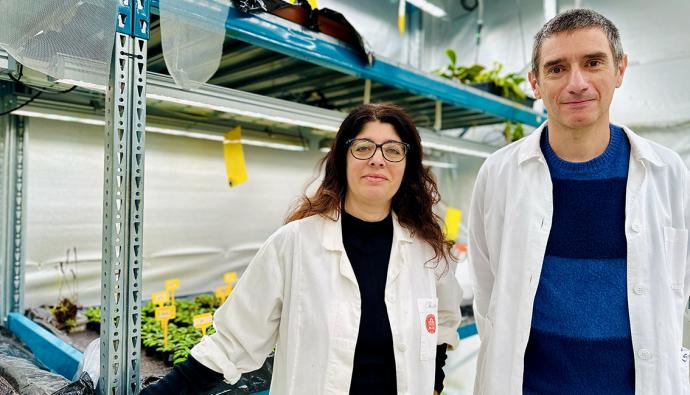URGENT ACTION TO COMBAT CLIMATE CHANGE AND REDUCE EMISSIONS: HOW CAN WE MOTIVATE TRANSFORMATION? ROBERTO BUIZZA AT “BERT BOLIN CLIMATE LECTURE 2020” IN STOCKHOLM UNIVERSITY

Roberto Buizza, Sant’Anna School Professor of Physics from the Institute of Life Sciences and the coordinator of the Scuola Normale Superiore and Scuola Superiore IUSS Pavia joint initiative for climate research attended the Bert Bolin Climate Lecture 2020 as invited specialist in the area of climate change. This lecture is given annually, since 2008, in honour of Bert Bolin (Bert Bolin - 1925- 2007 - was a Swedish meteorologist who served as the first chairman of the Intergovernmental Panle on Climate Change (IPCC), from 1988 to 1997. He was professor of meteorology at Stockholm University from 1961 until his retirement in 1990) by outstanding climate scientists with excellent communication skills and a connection to Bert Bolin’s legacy. Every year, a distinguished Bert Bolin Climate Lecturer is invited to Stockholm to hold a popular science lecture and a science seminar at the Bolin Centre for Climate Research. This year, due to the Covid-19 situation, both events were given online (400+ people from the whole world followed the Lecture, and ~200 people also from the whole world followed the science seminar), and can now be accessed from the Bolin Centre web site.
In his Bolin Climate Lecture, Prof. Buizza discussed “Climate change: how can we motivate transformation?”. He reminded us that the impacts of climate change are already very evident, and we have to act immediately to reduce the emissions. Technology is available to address the problem, and economic studies estimate that the investments needed to transform the way we live, and all human activities, is small and manageable. Why, then, action is limited and so slow? How we could motivate a transformation? He discussed the link between individual actions, and the role of governments. Individuals have a role to play, and governments must act more decisively to enable and promote actions to limit the emissions of greenhouse gases, and reach the target of “zero-net emissions” as early as possible. Observations and science have given us enough evidence of what is the problem, who is responsible, and how to address it. What is lacking is the political will to act. We can make the world better, if we start on this transformation journey by cutting emissions by at least 5% each year, starting from now!
In his Bolin Science Seminar, Prof. Buizza discussed “Uncertainty estimation in weather and climate”. He discussed how, since 1992, forecast uncertainty has been estimated operationally in weather and climate using ensemble methods. The paradigm shift from issuing a single to an ensemble of forecasts, have allowed us not only to forecast the most likely future state, but also to have reliable estimates of its accuracy. This can be expressed, for example, in terms of a range of possible future scenario, each with its probability of occurrence. He reviewed how ensembles have been developed intially, and then further improved by the inclusion of stochastic schemes in the physics equations. He concluded his seminar by discussing how work is progressing towards the development of even more reliable, coupled Earth-system ensembles of data assimilations and forecasts, which should help us further advance the forecast skill horizon.
The webinar recording is available on the Bolin Centre for climate research website.



